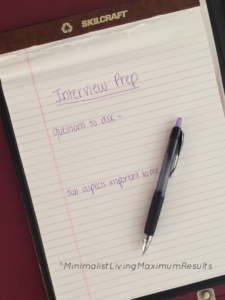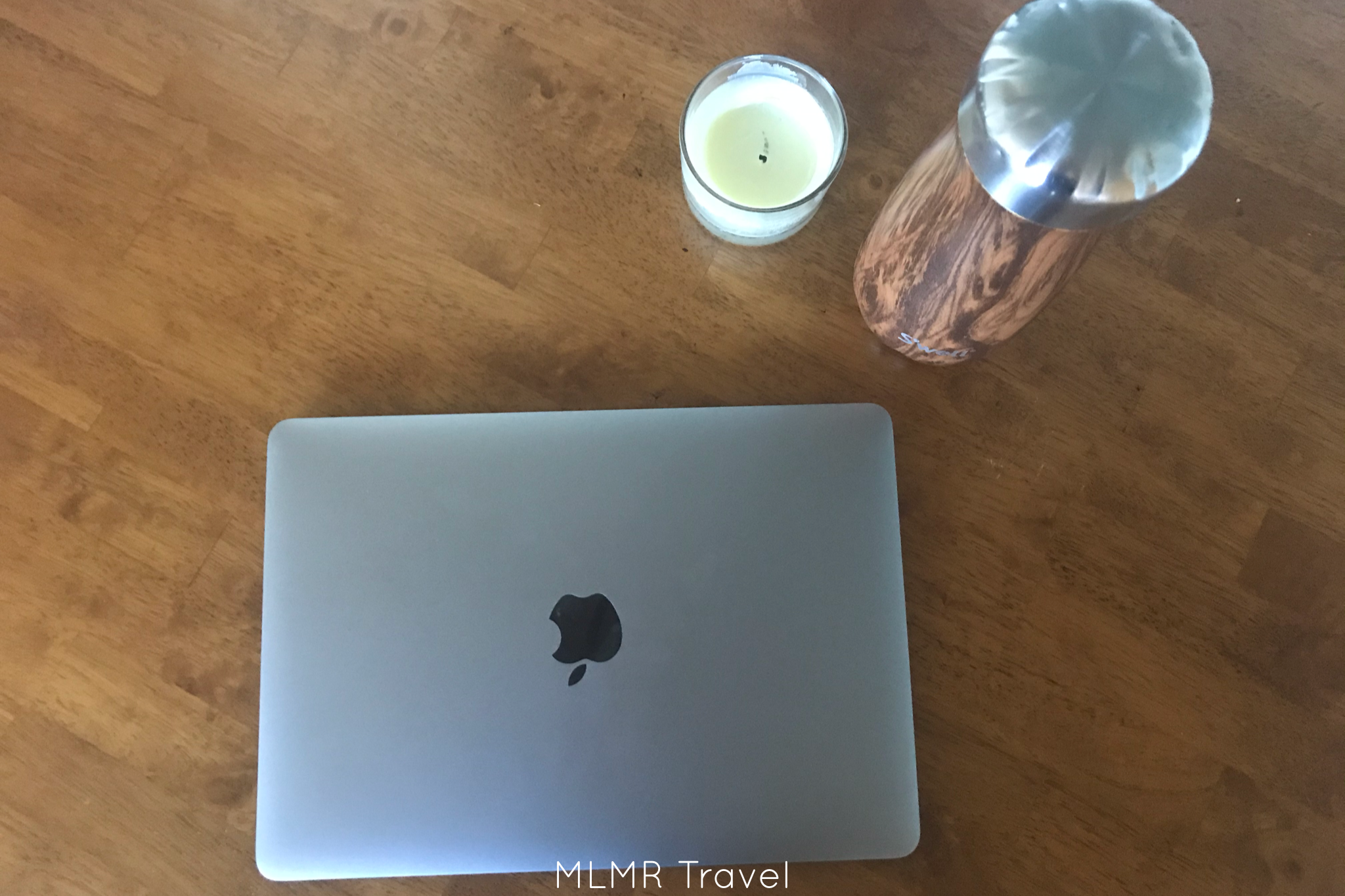Travel PT Interviewing

Interviewing is always a tricky subject. Many believe it's the interview that gets you the job so you want to make sure you know what to do.
No matter what job you are going for, you will probably do some sort of interview prep to make sure you are ready no matter what happens. You can typically find basic interview tips online but sometimes interviewing for a travel therapy position can be vastly different.
Our first interview for a travel physical therapy position was simply “when can you start”. However, we have had many more interviews and learned from each one.
Since the interviews can be so different we have learned some tips along the way to make for a more successful process.
Disclosure: Links throughout the Mindful Nomadics site may make us a small commission at no additional cost to you. See our Affiliate Disclosure for more information.
Contents
How is a Travel Therapy Interview Different?
The first question to answer about travel PT interviewing is: how is it different than a regular interview?
What we have found is that in a typical interview you are asked a lot of questions that determine your character, skills, abilities, weakness, etc. What are your strengths, what are your weaknesses, and so on?
A travel physical therapy interview determines if this partnership would be a good fit. This is typically presented as “here is our company, what we offer and what we expect”.
Then a reply from you of “here is what I can do, and here are some more questions I have about your company”. Another difference is the interview is almost always over the phone instead of in person.
What to Expect From the Interview
It usually begins with the company giving a full explanation of the company itself such as what it stands for, mission statement, patient caseload and so on. Don’t forget it still is an interview so make sure to do some research before the interview. At the very least check out the company's website.
Next, the company outlines its expectations of you as their new employee. This includes what kind of patients you’ll see, how often you will work and so on. This is typically followed up with questions directed at you such as your interests and experience.
Once you have answered any of their questions (which is usually not that many questions, to be honest) it’s your turn to ask anything that has yet to be touched on. Don’t worry about asking too much; it is better to have a clear understanding of the exact situation you are possibly going into than not knowing what to expect when you get there.
What to Ask During the Interview
Typically a lot of the questions are answered before you even have to ask but it’s good to make sure everything is covered. We typically have a list ready as a document and fill in as we go through the interview.
Job Specifics
- What is the setting?
- Will we be working together or at least the same hours?
- Clearly, this is only for traveling pairs.
- How many patients will we see a day?
- What is the productivity standard?
- How long are patients typically treated?
- Are there ever co-treats with other disciplines?
- This includes OT, speech, etc.
- What other members of the therapy team do we work with at your facility?
- This includes occupational therapy, speech, and even aides or assistants.
- What is the dress code?
- Can we get off specific days for a vacation planned
- You should get these put into writing in the contract even if they agree to it over the phone. We have never had a problem with this but there is always the possibility they go back on their word if it's not in your contract.
- What are the start and end dates?
- What kind of documentation system do you use?
- How much time do we get for documenting?
Other Things to Consider
- What kind of housing is available?
- What are some attractions in the city?
- Why do you have a need?
- Good time to do some detective work to see if it’s an undesirable job.
- What kind of orientation will we get?
- Typically it’s less than a day which we love but this may be worrisome to others.
- Is there someone who can be a mentor or at least there to ask daily questions?
- For new grads, this is a big one. It's helpful to have at least one other PT present on staff for guidance if needed.
- Are we expected to go to meetings and in-services and if so how many?
- We have found most say no because they are paying a lot for you to be there and they try to avoid non-productive units.
- Is there a therapy gym and what kind of equipment do you have?
- Does your facility offer CEUs?
- We have several who have given us unlimited access to online sites
It's a long list but honestly, most of these questions are answered within the first 5-10 minutes of the conversation. Also, remember to add to the list as you learn more aspects of a job that are important to you.
The End of the Interview
At the end of the interview, both sides can express if they think it will be a good fit or not. If both sides agree they want to go forward then it is pretty likely you have the job.
After the interview, make sure to contact your account manager to update on how the interview went. From there you just sit back and relax. Your account manager will proceed to set up the contract.
This includes negotiating your pay package, which is awesome and takes a lot of the stress out of your hands. Next, sign the contract and you are ready to go with your new travel physical therapy job!

Hopefully, this wasn't too much information we really wanted to make sure after reading this you feel more prepared to tackle your next interview.
Good luck with your next interview!




